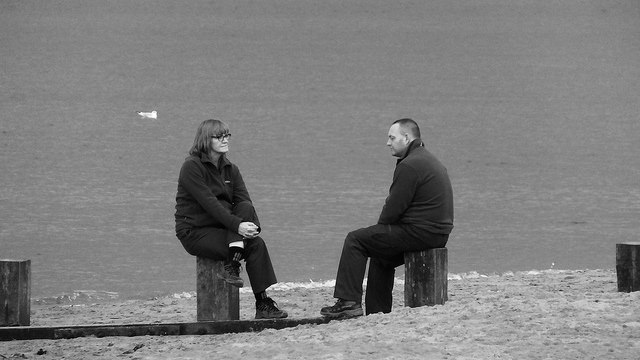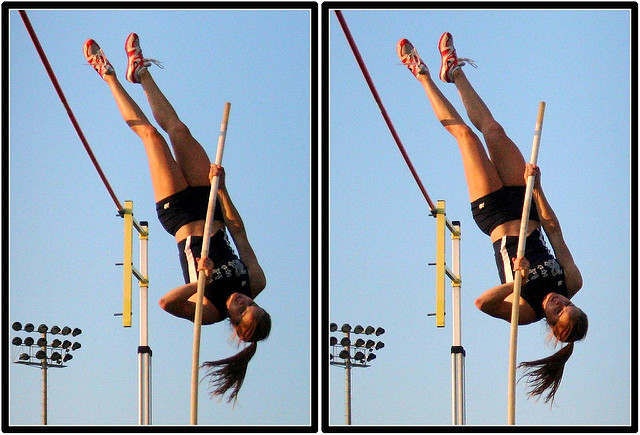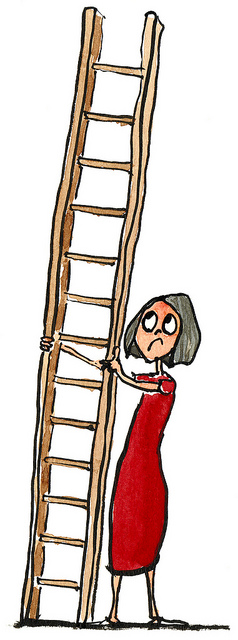blog
The next workshop in our neuroscience series was entitled ‘The Neuroscience of Gender’, held in London on Thursday 14 July 2016 from 14.00 to 17.00. Tickets SOLD OUT.
The workshop addressed the following questions:
- What is the difference in structure between female and male brains?
- How might male and female brains function differently?
- What evidence is there for different skills and abilities in females and males?
- What might and might not work when wanting to increase diversity?
It blended presentations by neuroscientist Dr Geoff Bird (of the Institute of Psychiatry, Kings College, London, and the Institute of Cognitive Science, UCL) with the opportunity to reflect in groups and individually on how we want to integrate our learning from those presentations into our practice.
Dr Geoff Bird is unique as a practising academic neuroscientist – supervising experiments and publishing research – as he is also trained as an executive coach and is able to translate his findings to the business and organisational world. For more information on Dr Geoff Bird please click here
The workshop was so popular – and participants were so enthusiastic – that we have arranged a repeat on Thurs 24th Nov. See more details here
Photo by Gabriel Pinto via Compfight
The Neuroscience of Gender
The next workshop in our series is entitled ‘The Neuroscience of Gender’. It will cover: the difference in structure between female and male brains; male and female brains might function differently; vidence for different skills and abilities in females and males; what works when you want to increase diversity. Book on the link at the end of this blog.
Read more »Constellations: 'Lean back and learn' - article in Coaching at Work
My article 'Lean back and learn', just published in Coaching at Work, looks at the use of constellations in coaching. This approach demands both high-quality presence by the coach and the ability to step back and detach from intention. I've discovered that my detachment in constellation work can enable valuable illumination for the client
Read more »Talent management: the human side
Doctoral research reveals that the experiences and aspirations of 'the talent' are often different from their organisations’ expectations of them and aspirations for them. What's the impact on authenticity, integrity and effectiveness when talent management is commoditised and individual interests go unacknowledged?
Read more »'The vulnerable coach': article in Coaching at Work
My new article on 'The vulnerable coach' appears in the January/February 2016 edition of Coaching at Work. if I’m vulnerable I have a greater capacity to be non-judgmental and to compassionately hear the client. My being known to the client nourishes engagement, trust, connection and their feeling of safety - and so enriches the outcomes they create from their coaching.
Read more »What kind of leader do you want to be?
What kind of leader are you? And what kind of leader do you want to be? What’s the style that gets you best results and feels right to you? When you return to work after a break you may have a more balanced perspective than when you’re in the thick of the pressure. What are you doing to act on the messages that are now clear to you, to become the kind of leader you want to be and to shape the career you really want?
Read more »From peers to direct reports: the senior promotion
When leaders are promoted - and have focused great effort on actually getting the job - there's a risk of not putting enough effort, or not early enough, into making a success of the role once they’re in it. There may be new leadership skills to master - and one of the biggest challenges is to develop new relationships as leader with people who have previously been their peers.
Read more »Women, careers and personal safety
Senior women at work, especially those working part-time, may not be as safe as they would like. They need to develop career resilience: a flexibility in being prepared for – and handling - the unexpected, and learning from tough experiences so as to feel more resourced for the path ahead.
Read more »'Who are you - really?': article in Coaching at Work
Leaders can become so embroiled in their work that they lose their identity: they have so totally dedicated themselves to achieving outstanding results that they’ve lost touch with the boundary between who they are and the job: they are the job.
Read more »Identity and authenticity
For some people change appears unsafe because they fear they'll no longer be who they are. However, it's not behaviour or thinking patterns that define who we are. What inherently and uniquely defines ‘self’ are our deeply held (and possibly unconsciously-held) values, our natural talents, and what we need from our environments if we are to thrive. We each need to understand our true place in the various sets of relationships that comprise our lives - in other words, our systems. Constellations can help.
Read more »Resilience and transition: an intimate connection
The relevance of resilience to what can be the challenging process of transition is striking. Leaders have change imposed upon them through, for example, merger or acquisition, or they may be moving into new roles, to new organisations, new cultures, or new countries. During these transitions they need to rediscover their internal resources and call on (or build) fresh sources of resilience. The path to (re-)building resilience can be eased by written narrative and (re-)discovering purpose and meaning.
Read more »











